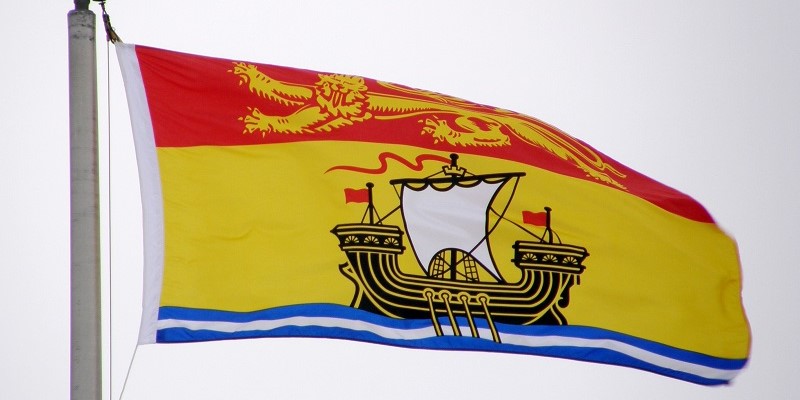New Brunswick budget brings tax relief—but more is needed

The Higgs government on Tuesday released its 2022/23 budget, which includes tax reductions on personal income, the removal of the “double tax” on properties, and a fiscal position that remains stable despite the pandemic’s economic challenges. While more work remains on the tax front, these are positive developments.
The budget also projects a small surplus of $35 million this year, confirming that New Brunswick will be the only Canadian province to run surpluses throughout the entirety of the pandemic. It further projects small surpluses of $21 million and $39 million in the next two years, keeping spending roughly in line with government revenues. While most provinces are still opting for increased spending and large deficits, New Brunswick’s more stable fiscal position allowed it to include some much-needed tax relief in this budget.
Specifically, the budget increases the province’s basic personal exemption (the amount of income on which no tax is paid) from $10,817 to $11,720. Combined with another tax reduction for low-income New Brunswickers, the budget projects $40 million in personal income tax relief for more than 400,000 tax filers and reduces property taxes (including the “double tax” on properties owned by non-residents by 50 per cent) culminating in $112 million in tax relief.
While these developments will help in certain areas, this budget does not fix New Brunswick’s overall tax competitiveness problem. The province’s tax rates on personal income are among the highest in North America while businesses face tax rates that are generally higher than the Canadian average.
This should be the next target for the Higgs government. New Brunswick has a weak record of attracting investment and an aging population, two items that will put pressure on the province in the future. The tax relief in this budget will be welcome to those who receive it, but broader tax reductions on personal income and businesses continue would make the province a more attractive place to locate and invest.
Fortunately, the future outlook may provide some flexibility. According to the budget, the province’s debt position will remain relatively flat over the next three years. Debt as a share of the economy (GDP) is expected to decrease to 30.1 per cent this year, down from 31.9 per cent last year and is projected to fall to 28.2 per cent in 2024/25. By 2024/25, net provincial debt per capita is also forecasted to fall by almost $4,000 (adjusted for inflation) from the pre-pandemic level of $19,365 in 2019/20. Continued improvements in the debt and fiscal situation will put New Brunswick in a better position than some other provinces to tackle long-term challenges.
Overall, budget 2022/23 represents modest progress for New Brunswick’s challenges in tax competitiveness while continuing the stable fiscal approach that served the province well during COVID. Going forward, the Higgs government should use its relatively strong position to benefit individuals and businesses with broader tax relief.


